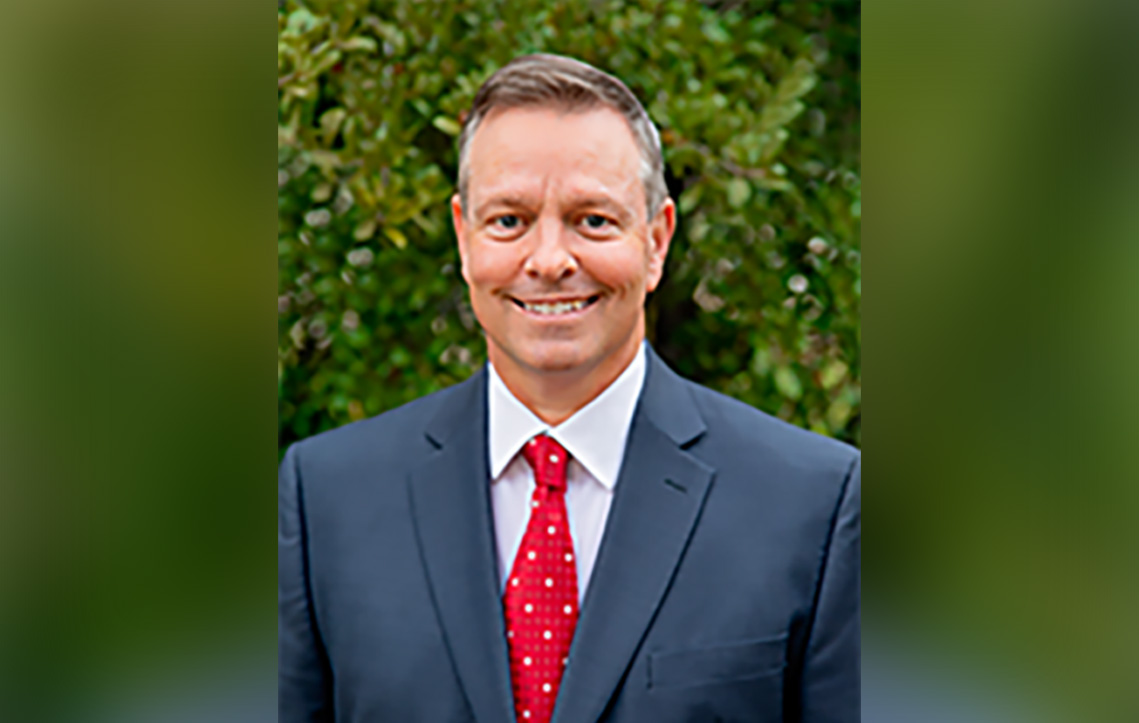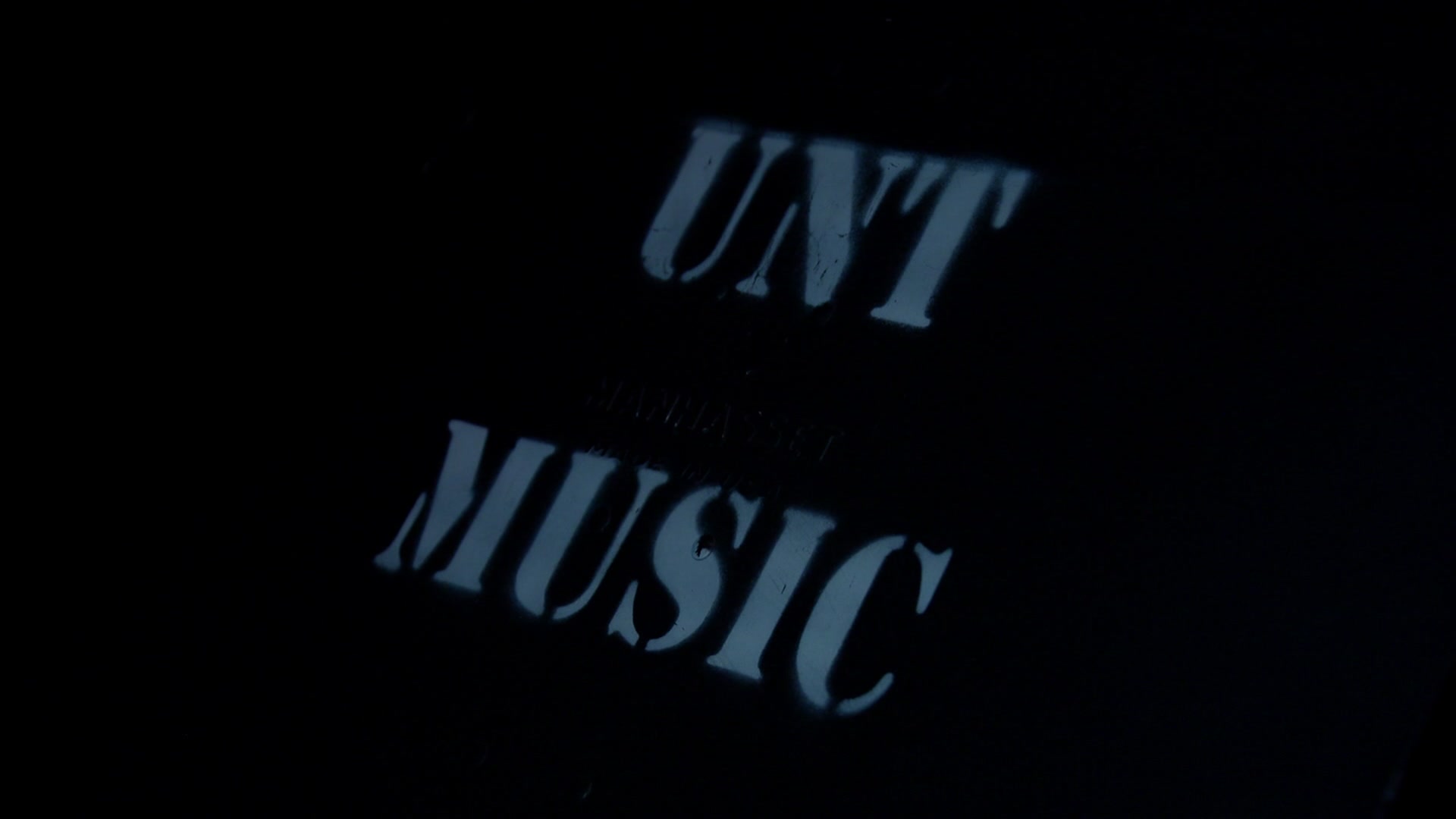It's served a somber, elegant, respectful and necessary purpose for many years and is now getting new life in a program teaching a new generation the art and technique of funeral directing.
The University of Arkansas at Hope-Texarkana's Funeral Directing program recently received a 1996 Cadillac Fleetwood hearse from the Herndon-Fuqua Funeral Home, owned by Vickers and Thomas Fuqua. They own and operate Texarkana Funeral Homes, Chapelwood Funeral Home in Nash, Texas and Bates-Rolf Funeral Home in New Boston, Texas and the Herndon-Fuqua Funeral Homes in Hope, Prescott and Gurdon, Arkansas.
"UAHT is a vital part of the Hope and Texarkana communities and the funeral services program is important to the regional funeral industry," Vickers Fuqua, who is the president of Texarkana and Herndon-Fuqua Funeral Homes, told the Texarkana Gazette. "Many of our current employees have come from this program and we will continue to hire students from the program. We expect to grow our partnership with UAHT and are working on several additional projects for the future."
The program began in 1995 and has helped place hundreds of students in local funeral homes for apprenticeships and careers.
Karen Davis, UAHT's dean of science and health professions, said the addition of the hearse will allow the students to have more hands-on experience within the funeral industry.
"It will help in the clinical course when students have opportunity to take different roles of the funeral directing practice and loading in and out of the funeral coach," she said.
Several students who are graduating from the program soon said the profession was a calling for them.
Local
The latest news from around North Texas.
Braunshea Livingston, who is from Hot Springs and was able to join the program through a collaboration the college has there with the National Park Service, said he assisted his grandmother with her funeral home, Serenity Gardens, in Dumas, Arkansas.
"It's pretty much something I didn't see myself doing at first because I was afraid of dead bodies like everybody else," Livingston said. "But eventually, I came to believe it was really something for me because I can just do my job and not complain at the end of the day because I know I am serving somebody else for a greater purpose. That's why I really love this field."
Brendan Owens, whose family owns Owens Memorial Chapel in Ruston, Louisiana, said he was also following a family tradition of funeral service.
"My great grandfather owned a cemetery during the Great Depression as a source of income," he said, "Now we do everything except for flowers and that's pretty much it. We do everything else."
When he was 12 years old, he said he was picking up sticks in the cemetery and had done everything related to maintaining the graveyard, including digging graves and setting monuments. Owens added that his older brother had come through the program, as well.
"One day me and my brother will take over my dad's business," he said.
The program now has an equal number of males and females completing the course, which is a change from even 10 years ago, Davis said.
"It used to be unusual for women until about 2010, until the statistics changed where 50 percent of enrollees across the United States are female," she said. "That statistic pretty much holds true for us."
Brad Sheppard, UAHT's funeral service program director, said that change came from a shift in mindset by the old regime.
"Funeral directors became more open to women in the industry," he said. "The traditional thinking began to change."
Women are natural nurturers and bring that quality to the industry, Student Emily Graham said. "Women typically do every well in the funeral industry, because they are nurturers and always caring for everybody," she said.
UAHT offers a certificate of proficiency in funeral directing, an associate of applied science degree in funeral service education, a technical certificate in funeral directing and an online technical certificate.



